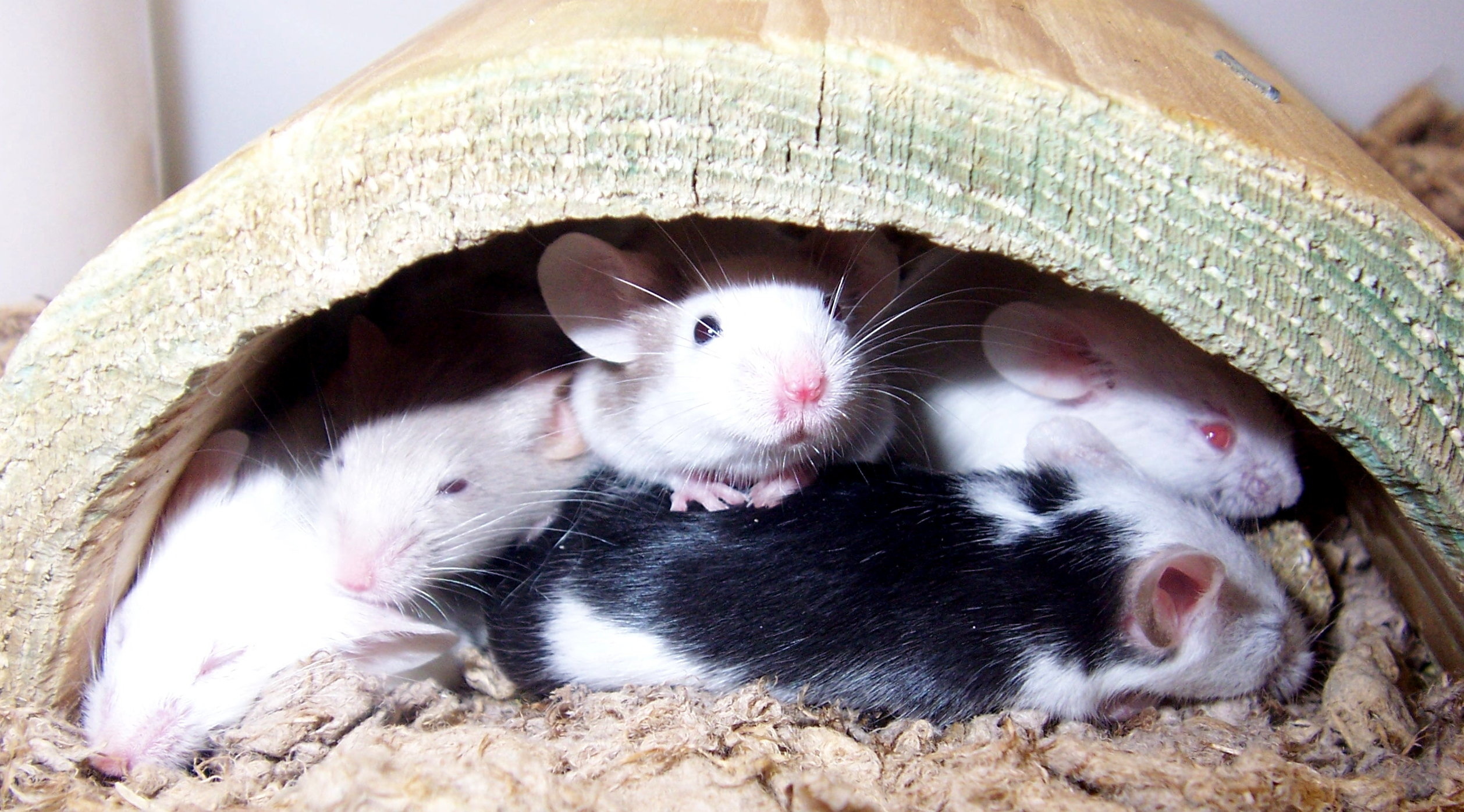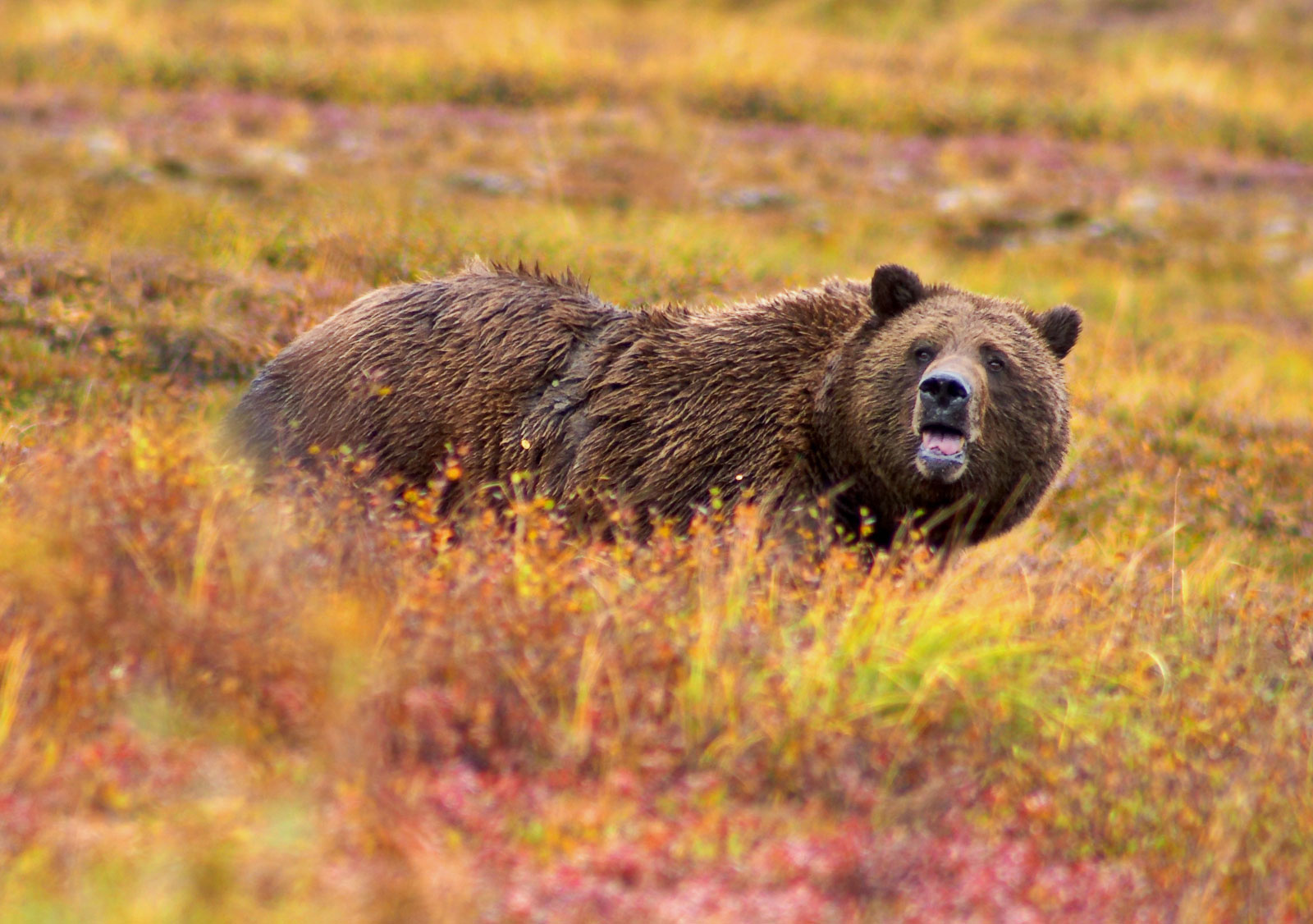biology
She’s not held back by other animals’ numeracy limitations.
The natural world evolved many pop culture frights long before storytellers used them to terrify us.
American geneticists take a stand against the misuse of their science by racists.
How psilocybin evolved has more to do with sending insects on terrifying trips than it does making Phish sound good.
NASA research finds a new direction in searching for signs of life in the Universe.
A buzzworthy study looks at the strange actions of bees.
A new study shows how interbreeding of modern humans and Neanderthals boosted our genomes.
Scientists at Stanford Medicine recently observed that some mice recovered from strokes better than others, leading them to wonder whether or not they could find evidence that specific genes played […]
People were about to start hunting grizzly bears in Yellowstone again, for the first time in 40 years. Thankfully, that has now been blocked.
Scientists have developed new ways of understanding how the biological forces of death drive important life processes.
If you want to know what makes a Canadian lynx a Canadian lynx a team of DNA sequencers has figured that out.
It’s a development that could one day lead to much better treatments for osteoporosis, joint damage, and bone fractures.
Quarantines are worth the trouble to keep the next pandemic at bay but they need to be applied intelligently.
The biologist Trofim Lysenko, blamed for millions of deaths, is experiencing a revival in Russia.
Here’s the first evidence to challenge the “fastest sperm” narrative.
Researchers at Human Longevity have developed technology that can generate images of individuals face using only their genetic information. But not all are convinced.
Researchers succeed in deleting key genes from ants, significantly modifying their behavior.
New studies look at possible age limits to the human lifespan.
Is race a trivial quality of humans, or of deep social importance? Who gets to decide whether race exists or not?
▸
6 min
—
with
Scientists film a closeup of DNA replication for the first time, leading to unexpected observations.
A new study discovers why whales grew to be the largest animals on our planet.
Ever heard a story that made you sick to your stomach? There is neurological wizardry at work that makes our sense of morality so visceral—and flawed.
▸
5 min
—
with
A chorus of new science is showing that evolution has orchestrated life to leave no room for solos. A grander view of life is revealing higher-level, need-centric relational logic patterns (as in David Haskell’s The Songs of Trees).
The state of nature isn’t a “war of all against all.” Even no-brainer bacteria “know” that sometimes the game is “Survival of the Friendliest”
Scarcely noticed in the Eden story, there lurk fruitful scientific ideas about why biology generated morality.
Cheetahs and giraffes have been placed on the conservation “red list” due to collapsing populations.
A 99-million-year-old dinosaur tail with feathers was examined in a new study by an international team of researchers.
Does life work like our technology? Is life under the hood just like a car sporting souped-up complexity?



























